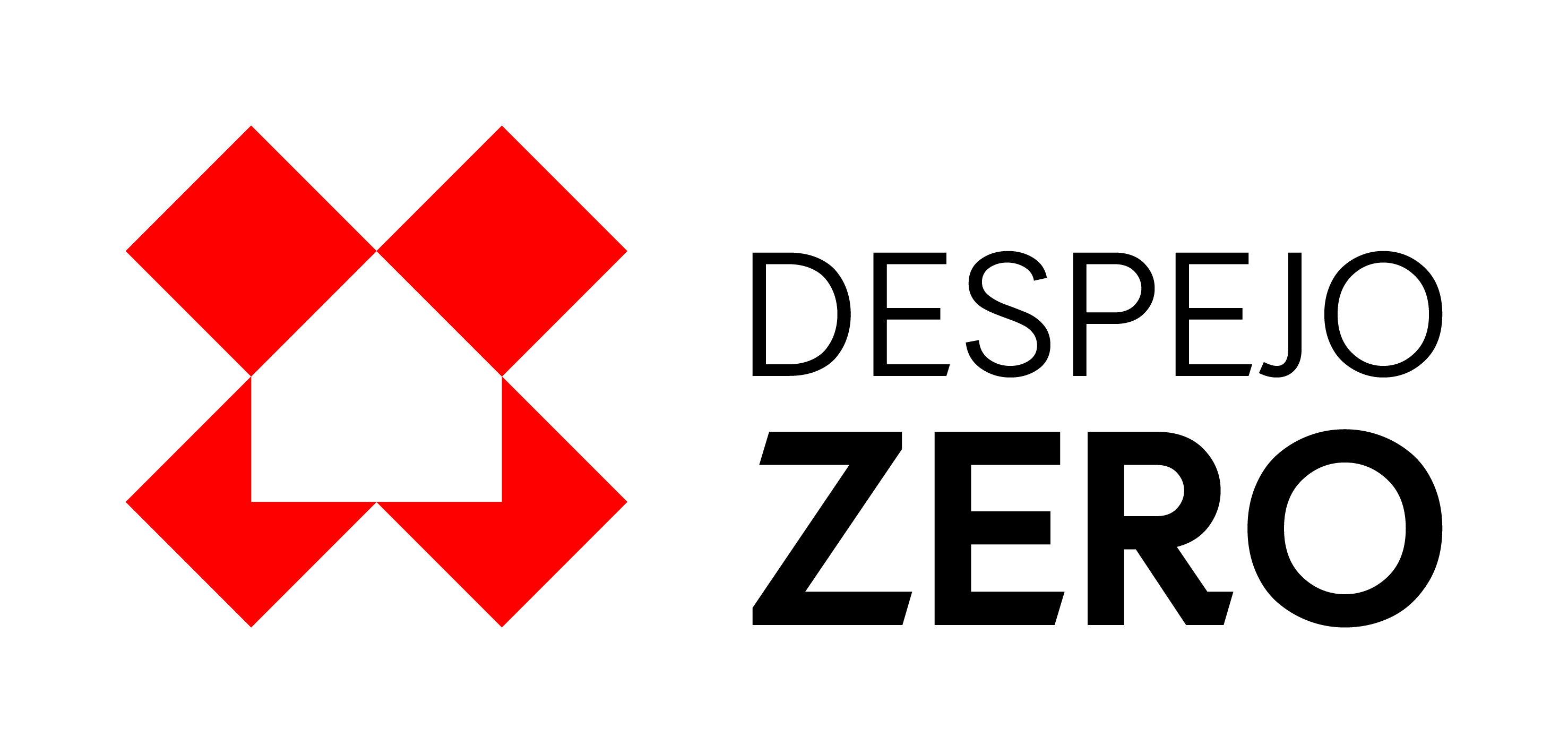Despejo Zero Campaign works to protect vulnerable families
A campanha Despejo Zero ajudou mais de 22 mil famílias desde o início da pandemia


Credit: Disclosure
By: Eduarda Nunes – Lupa do Bem / Favela em Pauta
Thousands of Brazilians who had to deal with a series of vulnerabilities also had to face rising unemployment, food prices and difficulties in accessing education, for example. It is in this scenario that, in mid-2020, the Despejo Zero campaign – Zero Eviction – was created, aiming to protect the right to housing of these people.
“We heard from all sides the ‘stay at home’ orientation, but we also saw that many families were being evicted and removed from their place of residence”, comments Raquel Ludermir, who is part of the Working Group on Political Incidence. She says that it was from the realization of this violation of rights that the campaign began to be developed.
Furthermore, the lack of official data on these evictions, threats and forced removals prompted the 170 organizations that make up the initiative to take action.

The Despejo Zero campaign has three major working groups (WG). The Mapping group identifies and notifies the cited cases, as well as quantifies the number of families that are having their right to housing violated. Currently, around 132,000 families, that is, more than half a million people live with the uncertainty of being able to be at home the next day. In addition to these, another 27,000 families, almost 100,000 people, lost their homes during the pandemic.
The Communication WG denounces and gives visibility to these threats and violations of the law, while the Political Incidence group is dedicated to cases that are not monitored by the public defenders of the states.
From this work of almost two years, the Despejo Zero campaign has consolidated itself as one of the main sources on the right to housing and Covid-19 in Brazil. Raquel says that they are sought after by both traditional and independent media when it comes to the situation of these thousands of Brazilians, who have no peace of mind about their own roof.
“It is not so easy to present the facts from the threatened families. Generally, the main narrative regarding this situation is in relation to the criminalization of these people who ‘were occupying what is not theirs’, and not the fact that these people had their right to housing violated”, analyzes the PhD in Urban Development and coordinator of Political Incidence of Habitat for Humanity Brazil.
Even with the difficulties, the initiative claims that more than 22,000 families have been protected since the beginning of the pandemic, both through the direct action of the campaign and also through the decision of the Federal Supreme Court (STF) to suspend or prohibit evictions during the pandemic.
However, the validity period of this measure ended on March 31 and the biggest struggle of the Despejo Zero campaign now is getting another extension. “This is a ticking time bomb, an announced tragedy that could have catastrophic dimensions, in a context where we live in a total paralysis of housing policies”. Raquel draws attention to the cuts in resources for housing construction programs aimed at the low-income population, and also to the fact that the homeless population has increased dramatically in recent years, as a result of several factors.
Zero Eviction: How to follow and support
On the campaign’s website, people can support the initiative by denouncing the evictions or by joining as an entity that works to promote Human Rights.
“We need to understand that eviction is not just about losing your home, it’s about losing your place of rest, health care, losing access to the SUS, because a person without an address has no access [to the health care system]. school, in addition to losing the place where a child would study. It is an alarming situation that does not affect not only the right to housing”, warns Raquel.
“We say that housing, in fact, is a gateway to all human rights”, he concludes.


